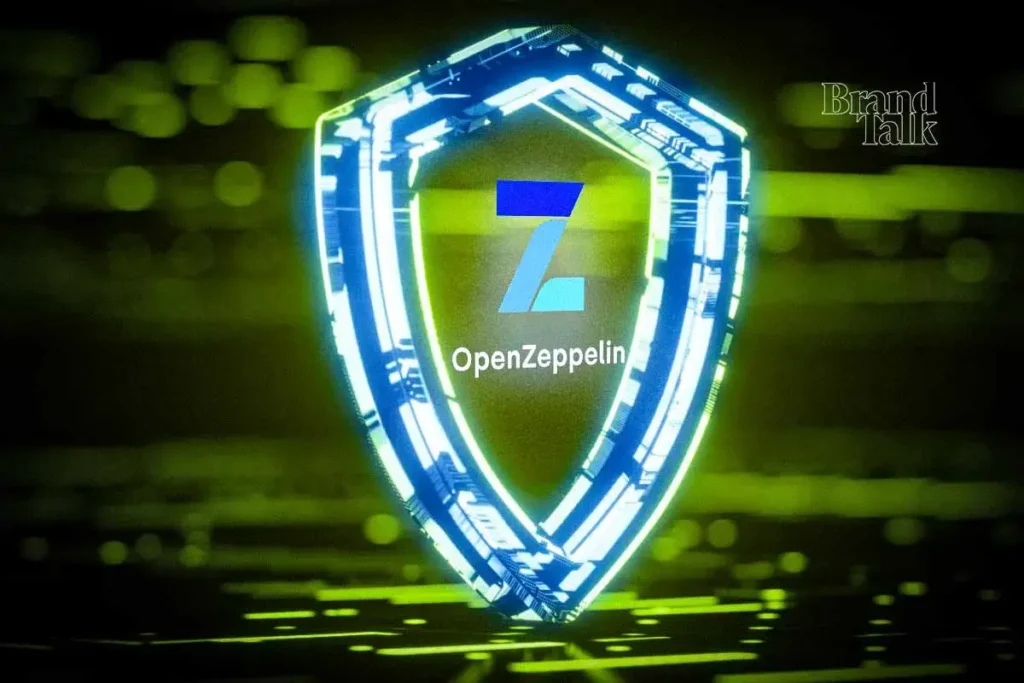Ethereum Smart Contracts: OpenZeppelin Unveils Solidity Contracts v5.3
In a groundbreaking development for the Ethereum ecosystem, OpenZeppelin has officially released Solidity Contracts v5.3, a crucial update for developers focused on creating secure smart contracts. As a leader in the blockchain security space, OpenZeppelin offers a comprehensive library of secure contracts that are not only essential for Ethereum but also for other blockchains. The tools provided by OpenZeppelin are widely adopted by developers, enhancing the reliability and safety of smart contract executions in decentralized applications (dApps). This latest version promises to address significant challenges in the smart contract development landscape, such as rising gas costs, governance inefficiencies, and evolving industry standards.
One of the highlights of the v5.3 update is the introduction of improvements aimed at bolstering security, enhancing governance frameworks, and optimizing performance. This is particularly relevant as decentralized autonomous organizations (DAOs) and their governance structures become increasingly scrutinized. By refining the mechanics of decision-making within DAOs, OpenZeppelin empowers developers to design more robust on-chain economies and governance systems. Among the various upgrades, a standout feature is the enhancement to the governance framework with the introduction of GovernorWithSuperQuorum and ProposalGuard, designed specifically to provide greater control over governance processes.
The governance update brings a substantial shift in how proposals are managed within DAOs. The GovernorWithSuperQuorum module allows projects to enforce higher participation thresholds for significant governance proposals, reducing the overall risk of low-turnout votes passing critical changes. Concurrently, the ProposalGuard feature acts as a safeguard, filtering out potentially harmful proposals before they can be executed. This is particularly vital in a climate where DAOs are frequently challenged over voter participation and the integrity of proposals—making the v5.3 update especially pertinent in today’s evolving governance landscape.
Additionally, OpenZeppelin has introduced the experimental ERC-6909 token standard, which serves to enhance multi-token system management. This innovative standard is designed to be flexible and gas-efficient, catering specifically to sectors like gaming, metaverse applications, and marketplaces where multiple token types need to co-exist seamlessly. As the demand for versatile token ecosystems grows, the ERC-6909 standard presents a timely solution for developers looking to streamline the management of their multi-token frameworks efficiently under a single contract.
The upgrade also includes significant improvements in error handling within Solidity. Previously, developers relied on require() statements with string messages for error identification, which could become gas-heavy and cumbersome to standardize. In v5.3, OpenZeppelin has introduced custom errors, thereby improving both gas efficiency and clarity. These optimizations will not only lead to reduced transaction costs but also facilitate easier debugging and error identification. As smart contracts become increasingly complex, such improvements are essential for maintaining high-performance standards and minimizing challenges during audits and development.
As Ethereum evolves, particularly with the rise of Layer 2 solutions and application-specific blockchains, OpenZeppelin’s release of v5.3 is a critical step forward. This version not only addresses existing challenges but also sets the stage for the creation of modular, more secure, and future-proof smart contracts. Developers are encouraged to explore the complete list of upgrades available in this version on OpenZeppelin’s official GitHub repository. The ongoing commitment to enhancing security and usability in smart contract development signifies OpenZeppelin’s role as a foundation in the Ethereum ecosystem, supporting the future of decentralized applications and innovation in blockchain technology.
In conclusion, the release of OpenZeppelin’s Solidity Contracts v5.3 marks a significant milestone for Ethereum developers, targeting key issues such as governance, performance, and security. As the landscape continues to shift, developers can leverage these advancements to create more efficient and resilient smart contracts. The emphasis on improvements such as the governance framework, ERC-6909 token standard, and error handling updates showcase OpenZeppelin’s dedication to evolving alongside the Ethereum ecosystem. Ultimately, these updates are crucial for fostering a secure and innovative environment for decentralized applications, paving the way for a robust future in blockchain technology.
Disclaimer: This article reflects the author’s personal opinion and should not be interpreted as investment advice. Always conduct your research before investing in cryptocurrencies, as the author or publication bears no responsibility for any financial loss.
















